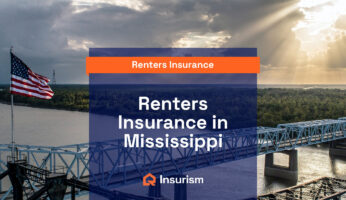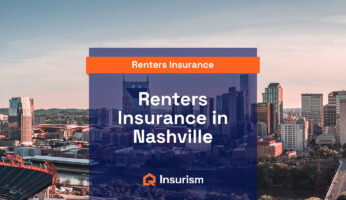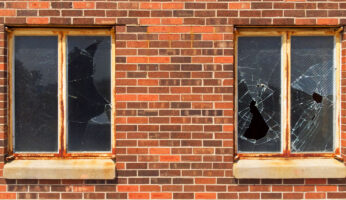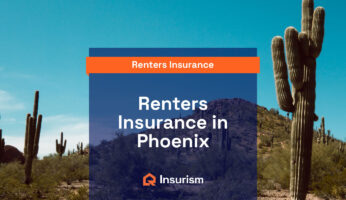Table of Contents
What is a peril?
In insurance terms, a peril is an event that causes damage to your personal property, your building, or to yourself or another person.
Perils can range from minor mishaps like plumbing leaks to major disasters like tornadoes and wildfires.
What are covered and excluded perils?
All perils can be classified as either covered or excluded.
What is a covered peril?
A covered peril is a disaster that your insurance company will pay for. If a covered peril damages or destroys your property, your insurer will write you a check reimbursing you for the lost items.
The terms of your policy dictate which perils your provider will pay for. For instance, in most renters insurance policies, fire is listed as a covered peril. That means that if a gas fire destroys everything in your kitchen, your provider will pay for the items you lost (minus a small amount that you have to pay yourself, called the deductible).
What is an excluded peril?
An excluded peril is one that your provider won’t pay for.
If a particular peril is excluded by your policy, your provider won’t reimburse you for the damage that it causes.
For example, if your policy excludes flooding, your provider won’t help you if a flood hits your home. They won’t pay to replace your lost possessions or cover your expenses if you have to stay in a hotel.
Named perils vs. open perils policies
There are two types of renters insurance policies: named perils policies, which only cover perils that are specifically listed in the policy terms, and open perils policies, which cover all perils except for ones that the terms specifically exclude. Although they sound very different, in practice, both policies provide similar coverage.
What perils are covered by renters insurance?
Standard renters insurance policies cover common household mishaps like fires, burglary, and burst pipes. They also cover certain natural disasters, including wildfires, tornadoes, and volcanic eruptions.
In this respect, renters insurance is very similar to homeowners insurance. They cover essentially the same perils — the main difference being that homeowners insurance covers the building you live in, whereas renters insurance doesn’t, because when you’re renting, the building is your landlord’s responsibility.
Frequently covered perils
The following perils are covered by most renters insurance policies:
- Fire (including wildfires)
- Smoke
- Wind damage (including hurricanes)
- Tornadoes
- Hail
- Explosions
- Theft
- Vandalism
- Falling objects (including trees)
- Leaks
- Burst or frozen pipes
- Damage from accumulated ice or snow
- Volcanic eruptions
- Mold caused by another covered peril
Frequently excluded perils
Renters insurance usually doesn’t cover earthquakes, floods, or sewage backups. It also rarely covers bed bugs or other pest infestations.
The following perils are excluded from most renters insurance policies:
- Earthquakes
- Floods
- Sinkholes
- Drain or sewer backups
- Sump pump failures
- Bed bugs and other infestations
- Appliance failure caused by ordinary wear-and-tear
Some insurers allow you to cover excluded perils by purchasing something called an endorsement or rider. For example, if you live in an earthquake-prone area, you might be able to buy an earthquake rider, which will add earthquake coverage to your plan.
Related Questions
- What is guest medical coverage in renters insurance?
- What is a sub-limit in renters insurance?
- Does renters insurance cover home-based businesses?
- Does renters insurance cover gold or silver bullion?
- What does "dependent in the care of" mean in renters insurance?
- Does State Farm renters insurance cover hotel stays?






